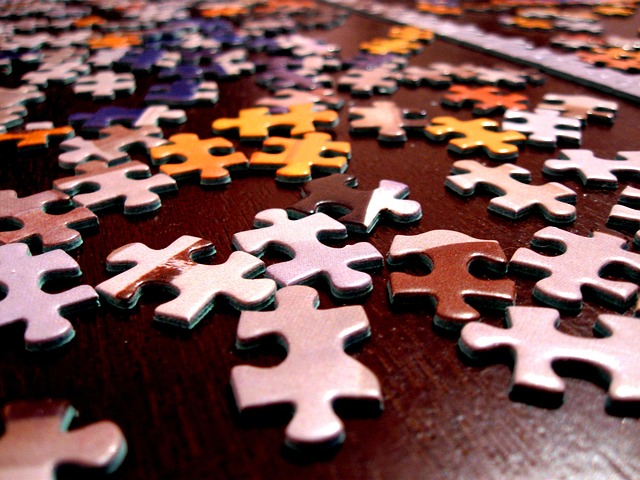Play is fundamental to the development of children, acting as the medium through which they explore the world around them. When we think of play, we often visualize laughter, joy, and boundless energy. But underlying this joyful façade are rich and complex playful emotions that serve as the key to a child’s emotional and social development.
As children engage in playful activities, they naturally experience a spectrum of emotions, from the thrill of adventure during a game of hide-and-seek to the satisfaction of building a tower that doesn’t fall. Each of these moments contributes to their growing understanding of themselves and others. When a child feels excited while playing, that excitement fosters a sense of competency and confidence. Conversely, when they experience frustration during a challenging game, they learn resilience and problem-solving skills. Recognizing and navigating these playful emotions is essential for their emotional intelligence.
Play also nurtures social skills. Through cooperative games, children learn to share, negotiate, and empathize with their peers. These interactions evoke a range of playful emotions, from the joy of teamwork to the disappointment of losing. Each emotional experience helps toddlers and preschoolers develop crucial interpersonal skills, which are vital for their future relationships.
Moreover, the benefits of embracing playful emotions extend to a child’s cognitive development. Imaginative play, such as dress-up or role-playing, allows children to experiment with different identities and scenarios. This kind of play encourages them to think creatively, to form narratives, and to understand different perspectives. As they become immersed in their roles, they not only express their emotions but also learn to recognize the emotions of others, fostering empathy.
For parents and caregivers, understanding the importance of playful emotions in a child’s life is essential. Creating environments that encourage exploration and play is one of the best things you can do for a child’s development. Landmark moments in their lives, all intertwined with feelings of joy, excitement, and even sadness, help to sculpt their emotional landscape, teaching them that all emotions are valid and important.
In nurturing a child’s natural tendency to play, we provide them with the tools to express their emotions freely and develop important life skills. By embracing playful emotions, we set the stage for a well-rounded, emotionally intelligent individual ready to face the complexities of life.




